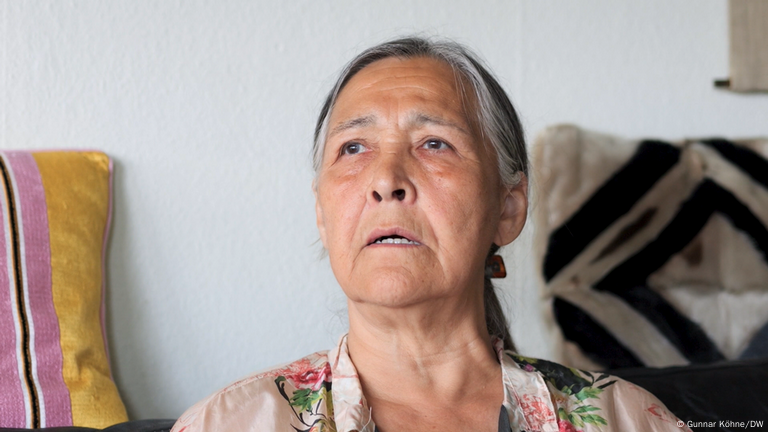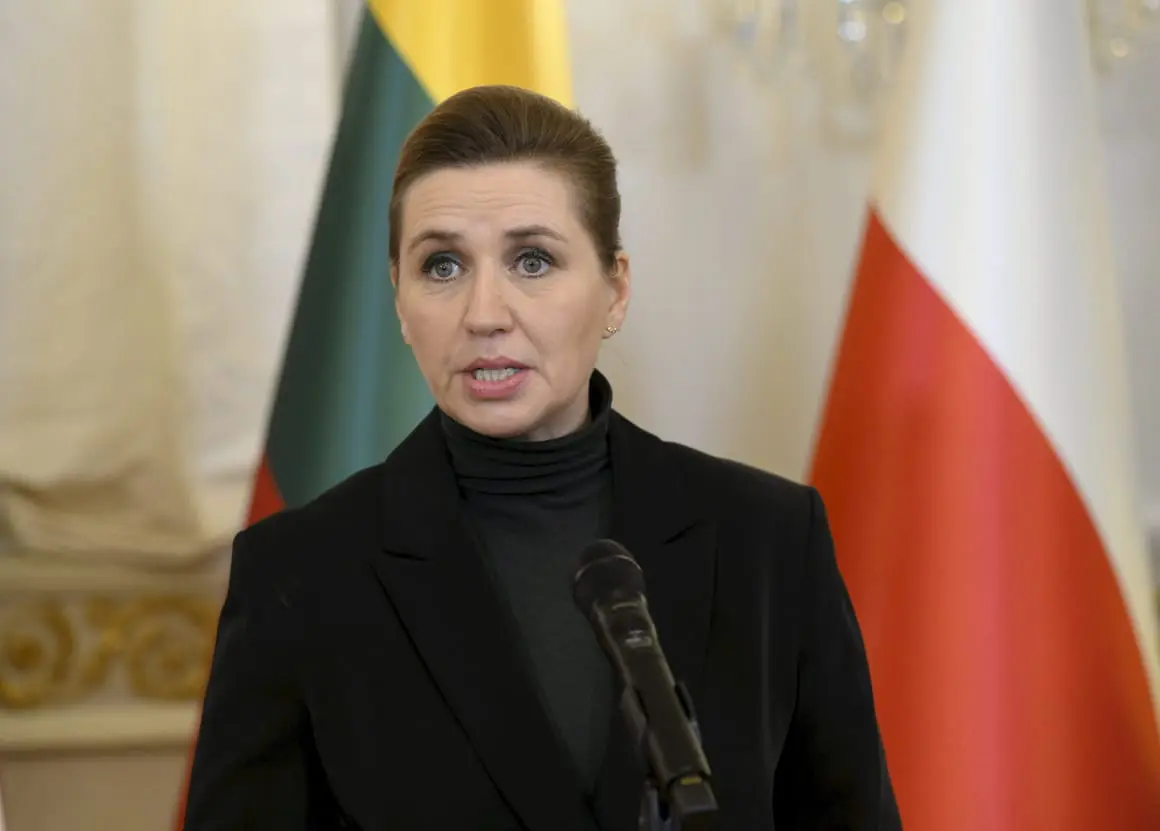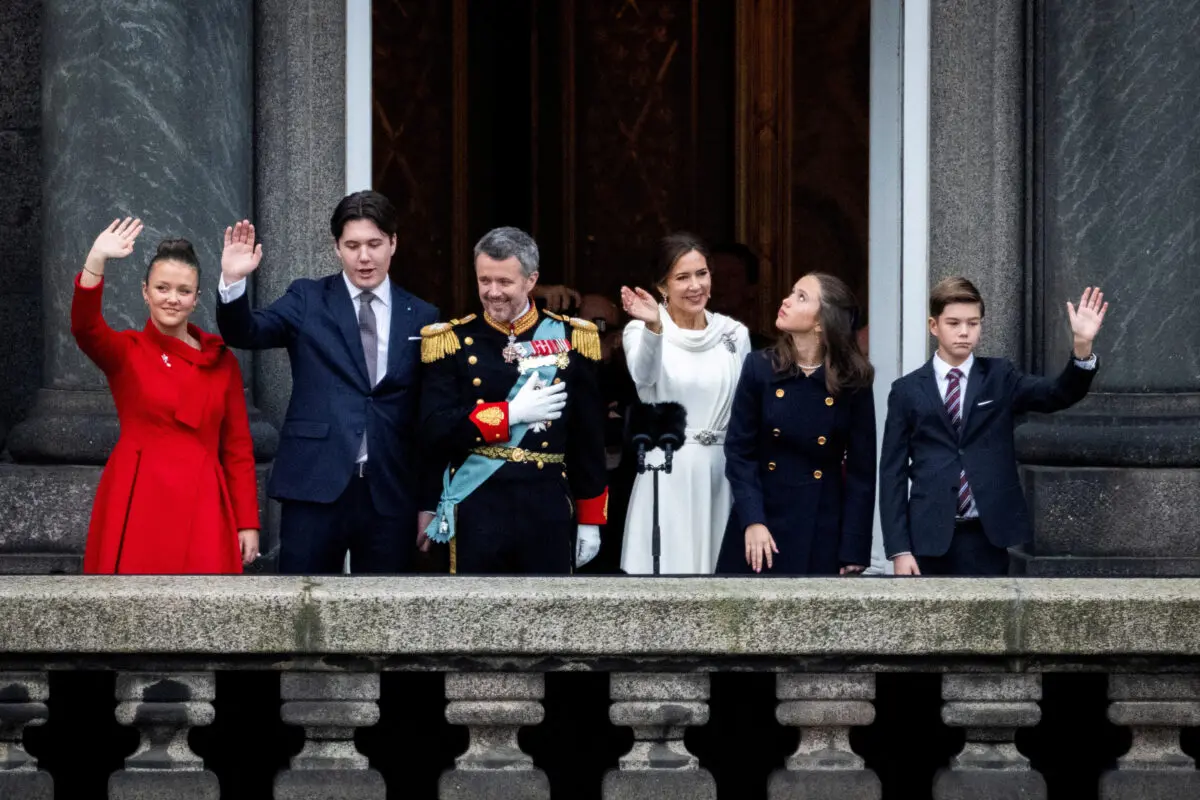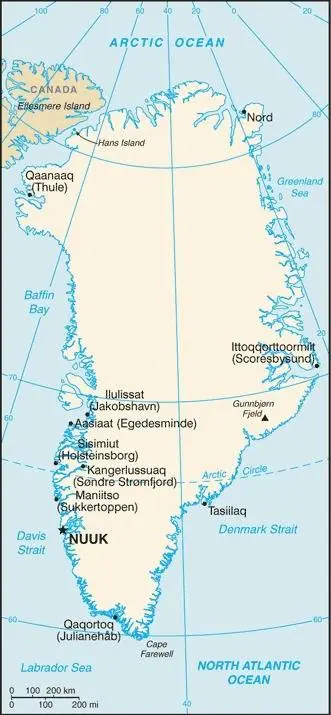The complex history between Greenland and Denmark is marked by dark chapters that have molded their contemporary relations. One of the most significant among these is the infamous IUD scandal, which echoes the broader issues of colonialism and authority. The revelations have reignited discussions on the enduring scars left behind and the importance of reconciliation. The stories of those affected, like Henriette Berthelsen, serve as the poignant reminders of a past that lingers, urging the two nations to confront their shared history head-on.
These historical issues are linked not just to individual stories of suffering, but also to a systemic view of the relationships formed during a time of domination. Understanding these narratives is essential to grasping the present dynamics faced by Greenlanders and their relationship with Denmark. The matter invokes a critical examination of how past injustices impact the ongoing quest for identity and independence for Greenland today.
The IUD Scandal: A Dark Legacy
One of the pivotal events that shaped Greenland-Denmark relations is the IUD scandal, unearthed by a podcast that shed light on a chilling chapter in history. In the 1960s and 70s, thousands of young women in Greenland were coerced into receiving intrauterine devices (IUDs) without their informed consent. This government initiative targeted especially minors, driven by a misguided intent to control the birthrate among the local population.
Denmark’s justification for this policy stemmed from a colonial mindset, viewing the Inuit’s reproduction as a challenge to be managed. In these times, many Greenlandic girls, like Henriette Berthelsen, were sent with little or no explanation and faced this invasive procedure that led to lifelong trauma. Reflecting on these experiences, Henriette articulates the pain shared among those who were just children, highlighting their vulnerability—’We never had anything to do with boys.’

Voices of the Affected
The experiences shared by those affected by the IUD scandal reveal how deeply ingrained these policies were in undermining the dignity of indigenous peoples. Many women today still seek recognition and reparations from the Danish government. In their pursuit of justice, they also strive for an acknowledgment of the past.
As Henriette Berthelsen noted, the absence of state-supported psychological help exacerbates their struggles. Many victims continue to bear the scars of governmental neglect, not only struggling with physical consequences but also with emotional and mental health challenges that have been largely unaddressed.
The process of reclaiming agency and dignity is ongoing, with organizations and advocates rallying for historical justice. As these voices grow stronger, they confront a Denmark gradually awakening to its colonial past.
Colonial Legacy: The Little Danes Experiment
In addition to the IUD scandal, another profound incident demonstrates the troubling legacy of Danish colonialism: the so-called ‘Little Danes’ experiment. Between 1951 and 1960, 22 children from Greenland were forcibly removed from their families and relocated to Denmark. This social experiment intended to teach them the Danish language and culture, supposedly to ‘modernize’ Greenland.
Instead of fostering a sense of belonging, the outcomes of this experiment were dire. These children faced isolation and cultural dislocation, many never returning to their families, despite the original intent of aiding their integration. The failure of this program echoed the same colonial mindset as that evident in the IUD scandal, showcasing a pattern of disregard for the rights and identities of indigenous peoples.

A Vulnerable Generation
The unconventional and enforced experiences of these children left many grappling with identity issues and psychological scars throughout their lives. The consequences of the separation have been highlighted in various studies revealing disturbing outcomes, including mental health issues and a higher rate of premature deaths among those involved.
Cultural historian Ebbe Volquardsen aptly describes these situations as examples of an ‘arrogant view of Greenland culture’ held by the Danish government—an assertion that continues to reverberate in contemporary discussions. The unresolved trials faced by the ‘Little Danes’ remain central to the broader context of reconciliation between Greenland and Denmark.
Seeking Justice: The Way Forward
Today, an increasing number of voices call for justice and acknowledgment of these past abuses. The Danish government’s recent commitment to investigate colonial relations showcases a step forward in addressing the historical grievances surrounding both the IUD scandal and the ‘Little Danes’ experiment.
Greenland’s Prime Minister Múte Bourup Egede voiced the necessity for an investigative approach directed at confronting failures of governance in the past and promoted reparations. This initiative signals a change in the air; however, it also demands sincere efforts to reconcile and heal the wounds left by colonial rule.

The Role of Global Politics
The current geopolitical landscape involving Greenland has also reshaped discussions about independence and self-determination. With recent attention from global powers, including the United States, the importance of Greenland’s autonomy has come to the forefront. The comments made by former President Donald Trump about purchasing Greenland revealed the deep-seated interests in this region’s resources.
While Greenlandic leaders illustrate a desire to form their own path, they remain aware of their historical context. The calls for genuine independence are intertwined with the narratives surrounding past abuses. Global politics may provide an opportunity for Greenland to assert its rights, but only through an understanding and mitigation of its historical baggage can a productive future be built.
Understanding Greenland’s Identity
The complex relationship between Greenland and Denmark revolves around identity—a theme rife in discussions about the IUD scandal and the Little Danes experiment. Greenland’s identity today is intricately woven with its colonial past, shaping the narratives conveyed by its people.
As the younger generations of Greenlanders navigate their identities in modern contexts, they continue to grapple with the remnants of history. The quest for belonging and recognition has prompted a renaissance of Greenlandic culture, pushing against external perceptions historically held by Denmark.

Empowerment Through Culture
The cultural renaissance is characterized by a resurgence of Greenlandic language, art, and traditions. This movement fosters a sense of empowerment among the youth, connecting them to their roots. The importance of storytelling and maintaining cultural heritage remains vital amidst ongoing challenges.
As these expressions gain visibility, they serve as means of advocating for change and recognition. The once silenced voices of history now find platforms to resonate and advocate for their truths. In doing so, they pave the way for accountability and propel discussions on independence further.
The Path Ahead: Navigating Colonial Shadows
The complexity of navigating past injustices brings both challenges and opportunities. As Denmark reassesses its policies, there lies a responsibility to engage in transparent dialogue with Greenland regarding its colonial legacy. The realization that every historical narrative carries weight prompts better approaches to foster mutual respect and understanding.
Resolving these historical injustices requires urgency as well as sincerity from both nations. Through collective action and cooperation, there persists hope for a future where Greenland can assert itself independently; the shadow of the past must not remain a barrier, but rather become a foundation for renewed relations.

Conclusion: Moving Forward Together
The journey towards reconciliation between Denmark and Greenland is fraught with complexities that require patience, understanding, and proactive measures. The contrasting experiences narrated through scandals like the IUD affair and the ‘Little Danes’ experiment frame the ongoing conversation about justice, identity, and aspiration for autonomy.
Facing these challenges together is vital for promoting progress and lasting change. Only through an honest engagement with history can both nations aspire to rise above their pasts and build a more inclusive future—one that truly reflects the voices of its people.
Source: www.dw.com
Hi, I’m Sarah, a 30-year-old journalist with a passion for storytelling and uncovering the truth. I strive to bring important issues to light and connect with my audience through compelling narratives.


